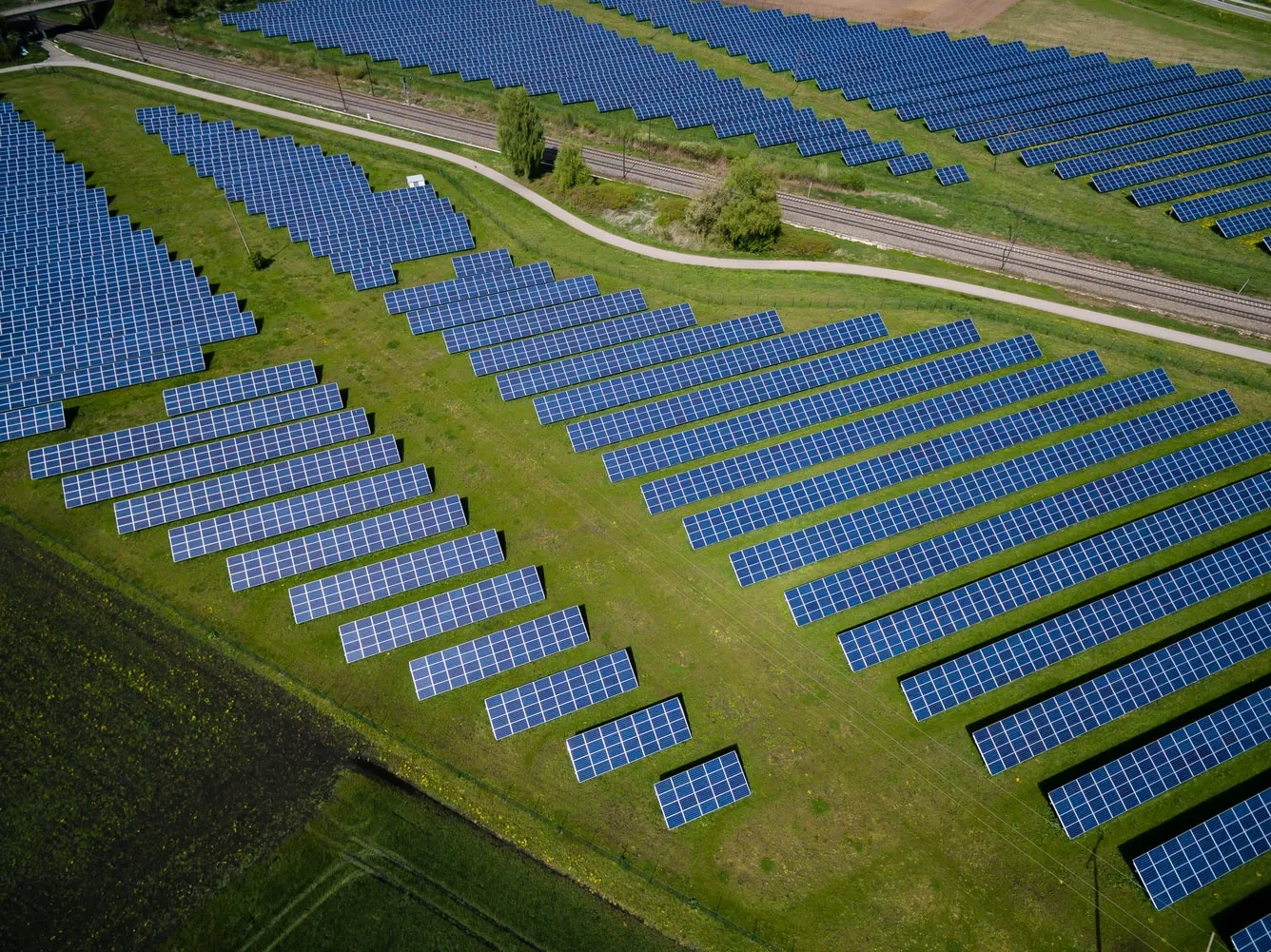Climate Change Advisory Council 2024 Electricity Review
On May 13th, the Climate Change Advisory Council (CCAC) published its annual review into the state of the electricity sector in Ireland. The report outlines many trends in the electricity sector such as renewable energy projects “dying on the vine” within the planning system, the success of the electricity sector’s progress within the sectoral carbon budgets but most notable of all, was the CCAC’s messaging surrounding electricity demand.
In this report, the CCAC clearly recommends that “The growth in demand for electricity will need to be limited”. While the report does focus this point on the growth of data centers, the EAI is of the view that such messaging is counterproductive to the critical need for electrification. Widespread electrification is one of the most effective routes to decarbonising Ireland’s economy and will mean increased electricity demand. This demand can act as a catalyst to build renewable energy projects in Ireland.
One of the most pressing challenges to renewable energy developments is the issue of curtailment. In essence, without the demand for electricity at times of high renewable generation, renewable installations have to be switched off or curtailed. For certain installations, there is no financial compensation for such occasions thus having significant negative financial impacts on the operation of the installation. This raises the question as to whether it is wise to further limit electricity demand and increase the frequency of such events endangering the investment case for renewable energy projects.
In the scenario where we impose limits on the growth of electricity demand, there is clear signalling that many sectors of the economy should not electrify their processes. In doing so, we lock ourselves into a fossil-powered future as many households, businesses and large industrial participants do not displace fossil-powered generators, heating systems and transport to ones powered by electricity. As many of these entities will seek to see their investments lasting a projected lifespan, fossil-power remains embedded for decades.
With this continued dependency on fossil fuels in so many of our economic activities, Ireland will remain exposed to geopolitical instability which inevitably leads to price shocks in fossil fuels. We need look no further than the situation in Ukraine and the Middle East where wars, and political instability cause volatility in the price of fossil fuels.
The consequences of such volatility are multi-faceted, ranging from security of supply concerns right through to end-user affordability. EAI believes that the electricity generation sector is leading the way in achieving Ireland’s sectoral carbon budgets. We need to maintain this momentum by ensuring that when we build renewable energy projects, there is the demand to use the electricity produced. Curbing electricity demand on the full economy is the opposite direction in which Ireland should go. Instead, we must incentivise, encourage and support Ireland’s economy to electrify and not lock ourselves into an unpredictable fossil fuel future.

